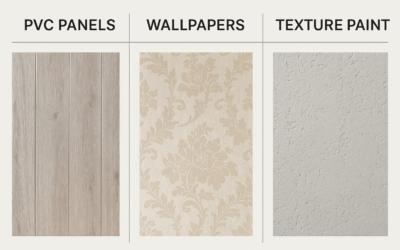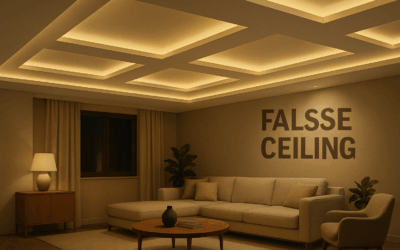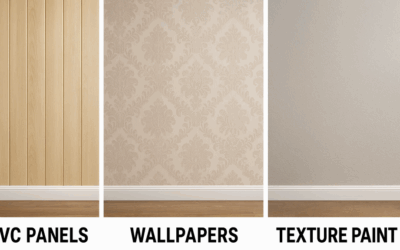1. Vastu Shastra – A Natural Approach to Design
Vastu isn’t just about energy and tradition — it’s also eco-conscious at its core:
Optimal Natural Light & Ventilation : Vastu encourages orientation of rooms and openings to maximize daylight and airflow, reducing the need for artificial lighting and cooling.
Low-Energy Living : Proper room placements (like placing kitchens in the southeast or living rooms in the northeast) align with sun movement and wind direction, promoting passive energy efficiency.
Connection with Nature : Vastu promotes indoor plants, courtyards, water features, and natural materials, all of which improve air quality and reduce carbon footprint.
✅ Result: Less energy usage, better health, and a harmonious relationship with nature.
2. Modular Furniture – Sustainable by Design
Modular furniture is not just modern and stylish — it’s also environmentally responsible:
Factory Precision = Less Waste: Factory-made modular components are cut with high accuracy, minimizing material wastage compared to on-site carpentry.
Reusability & Flexibility: Modular pieces can be dismantled, rearranged, or reused in new spaces — reducing the need to discard and buy new.
Faster Installation = Less Pollution: On-site installation takes less time and generates less noise, dust, and debris, reducing environmental and neighborhood impact.
Sustainable Materials : Many modular brands (like Frentko) use eco-friendly boards (E0/E1 grade), water-based finishes, and recyclable packaging.
Reduced Transportation & Coordination : Since everything is pre-measured and delivered in one go, it lowers multiple trips and resource consumption.
✅ Result: Less material waste, energy efficiency, and longer-lasting products.
🌍 In Summary:
Vastu supports natural living, and modular furniture supports sustainable design execution. Together, they can:
- Lower your home’s energy footprint
- Minimize construction waste
- Promote long-term reuse and flexibility
- Create healthier, greener spaces
🏡 1. Lower Your Home’s Energy Footprint
A bright, sunlit room with large south-facing windows, indoor plants, and no artificial lights turned on. The space feels airy and cool — showing how natural design reduces energy usage.
🛠️ 2. Minimize Construction Waste
A clean, organized workspace where modular panels are stacked neatly, with no scattered sawdust or debris. It highlights the precision and waste reduction in factory-made interiors.
🔁 3. Promote Long-Term Reuse & Flexibility
A set of modular furniture — a bookshelf or storage unit — being reused in different ways: once as a book rack, again as a kitchen storage, and then as a display unit, showing adaptability across spaces.




0 Comments